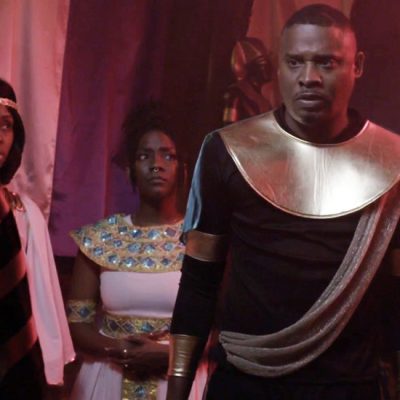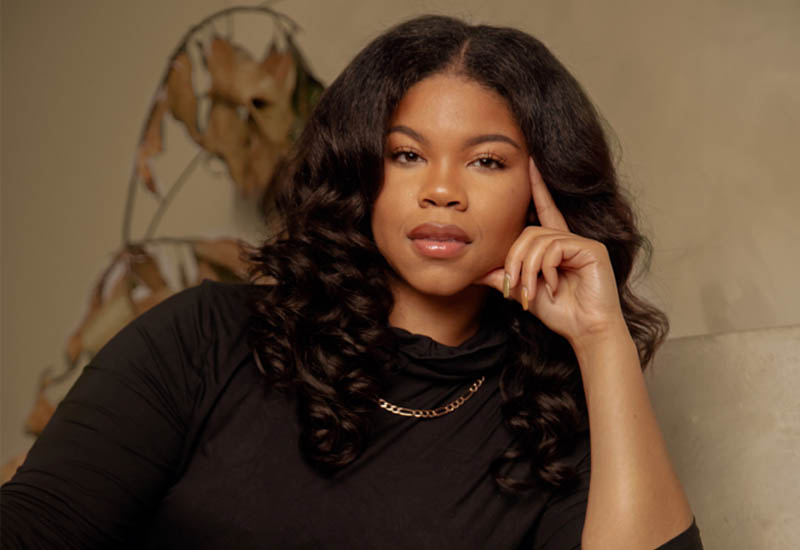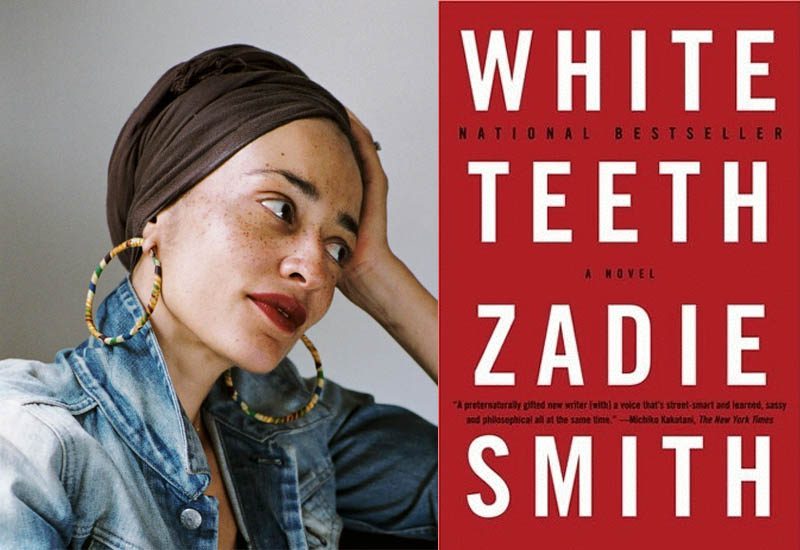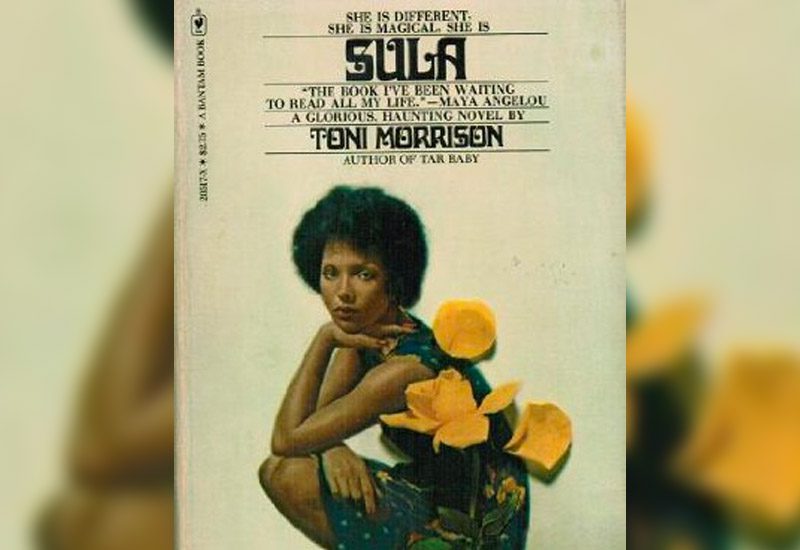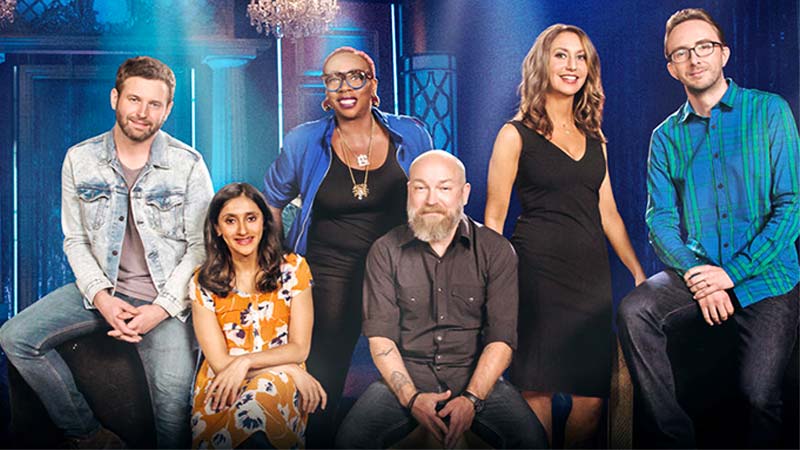
For the last few years, Netflix has been a dominating force in streaming, viewership, and developing creative content. The streaming service has been especially productive within the area of stand-up comedy. Comedy is in right now. It makes sense because when s*** hits the fan, that is when people turn to comedy as a way to paradoxically process and escape realities. It is also a relatively cheap art form to produce. All you need is a performer, stage, lighting, and a willing (and even at times paying) crowd. The comics bring their own costume, and makeup, material; they are storytellers. This is the landscape that produces the Netflix’s special The Standups.
At present the current types of comedic content structures we consume include improv (Wildin’ Out), the sitcom (Black-ish), the series (Atlanta), the stand-up and sketch blend (Laff Mobb’s Laff Tracks), traditional stand-up (the one hour HBO, Showtime, etc. special), and the late night shows (in all their forms). Thus, The Standups seems to fill a gap. The performances of several comedians are formatted to fit the time slot and episodic nature of a sitcom; you can enter an episode at any point and not be lost.
This latest season includes two episodes from women of color. One of them includes Gina Yeshere whose identity as an Afro-British lesbian living in America allows her to present a unique social commentary on our culture. Yeshere walks us through her introduction to America by way of entertainment. By explaining that television and movies taught her about racism in in the states, she satirizes the problems relying on media as a how-to guide. While visiting Birmingham for a show, she declares her astonishment at her nice hotel as she thought, judging from movies, that she would be staying in “a shack on the swamp, with some guy in overalls calling me, ‘Boy!’”
In fact, the majority of her stand-up focuses on how America has been falsely represented in the media. Yeshere’s comedy explores the false promise and perils of American life. She explains her inability to “fit” into the televisual imagination of Hollywood, where black women have to be either Halle Berry or Precious. In her next bits Yeshere details her mother’s strategic use of newspaper clippings of murdered children to justify her anxiety of raising children outside of her home country of Nigeria. While her stand-up offers an interesting perspective American life from outside the U.S. I was hoping that she would spend more time dissecting the white upper middle class life that is depicted in American television and films.
For example, she quips on how movies made the prom seem like the greatest party ever. Proms were not a thing in London, instead there were “discos where kids got stabbed at.” However, this is in fact true in the states. Essentially, while she takes the time to highlight the false and problematic nature of American entertainment, she does so at the expense of somewhat homogenizing American life. Granted there is only so much your can accomplish when taking into account the genre, audience, and content, but it would have been refreshing to see her take that same intersectional lens that she uses to highlight the ways in which she does not fit into white heteronormative American televisual narratives, to the ways in which even citizens of America – e.g. working class African Americans don’t either. It is definitely worth a watch.
In another episode, Aparna Nancherla also takes up the issue of representation. The second half of her performance includes her presentation of a comical powerpoint on digital communication. In this slideshow, Nancherla focuses on the lack of diversity in emojis, the creepy sexism in dating apps, and absurd world of one star yelp reviews. She does all this with her quirky, observant wit. The time she spends on the seemingly small and insignificant everyday oddities illustrates her ability to really engage with the world around us, bringing to full view her socially awkward perspective. It is intriguing to watch the curated misfit as she attempts to embody the confident assertive contemporary woman.
During one of her critiques of the availability of emojis, she includes a picture of black female elf and then offers, “Why don’t we work on representing black women in real life and then we can work on elves?” It is almost like she is the vocalization of our thoughts. Nancherla has taken the time to gather all the aspects of our social media interactions and organize them in a thoughtful and humorous manner. She even takes the time to address her critics by including their ridiculous criticism and explains what she appreciates about their commentary.
While not necessarily side splitting funny (but to be honest, it takes a lot to make me laugh these days,) I definitely think these two women offer a lot of for us to think about in terms of representation, (social) media, and what it means to be a woman of color through it all.




